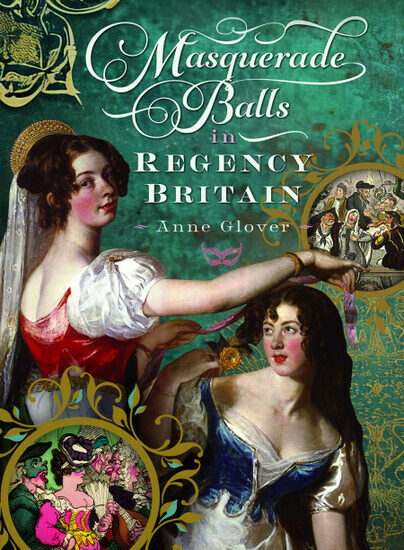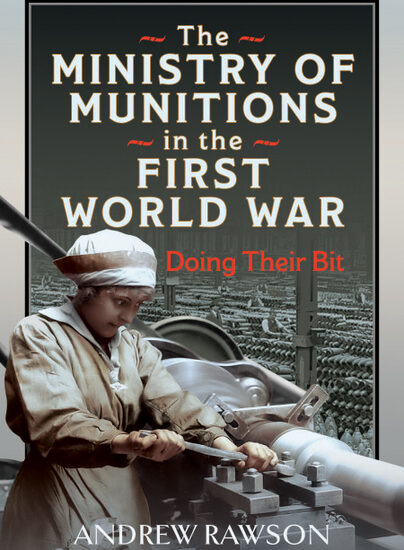Exclusive Interview: Paul Beaver
Paul Beaver is a historian, broadcaster and commentator. He has written over 40 books and, as a pilot, has been flying the Spitfire since 2012. He will be one of the presenters at a gala screening of The Great Escape at the Eventim Apollo Hammersmith on 24th March 2019.
What
was the purpose of the breakout from Stalag Luft III in March 1944?
It is every officer’s duty to escape. For some of the Prisoners of War in the German system, that duty became an obsession and after three, four or nearly five years for a few, who can blame them. It came their minds working and it kept the prisoner’s minds off incarceration. It also kept the Germans busy too.
In
your mind did the breakout achieve anything?
The breakout had tragic consequences for some, but it proved the evil nature of the Nazi regime. It is had a practical point as over one million German military and civilian authorities searched for the escapees. This was a critical time for the Third Reich and these people would have been better spent defending the Eastern Front or preparing for D-Day in France. Over the last 75 years, it has been an inspiration to millions that there is always hope even if the end result for so many was tragic.
Was
is really the duty of an officer at that time in the war to attempt
to escape and risk their life?
At the time, King’s regulations and the various conventions (to which Germany had not signed up) allowed for escape attempts. If you can get away, you would. Although not part of the ethos for non-commissioned officers, many also escaped – made home runs!
What
was Roger Bushell’s motivation?
Bushell was a complex character; typical of 601 Squadron before the war. As a trained barrister, successful in the defence of the Spitfire pilots at the Battle of Barking Creek inquiry, he believed in natural justice. As an early prisoner, his duty weighed heavily upon him – he wanted to get back into the war to fight the Nazi regime; he wanted to occupy his amazing mind; he wanted to see home again.
Can
you describe Bushell and von Lindeiner in five words each?
Bushell – outstanding officer driven by justice
Von Lindeiner – ordinary German entrapped in evil
German Prisoners of War made escape attempts from camps in Britain: how similar were their attempts, such as the Devizes breakout, and could any be regarded as successful?
There is a myth for only one German prisoner tried to escape; there were many attempts but very few successes except for some Germans who fled to the USA before Pearl Harbor. Italians occasionally tried and there as a mass attempt by Japanese Prisoners of War in Australia.
During the First World War, Günther Pluschow managed a home run almost around the world. A determined man will get through. Franz von Werra (the one who got away) was not the only one to escape. Several of the ship’s company of KMS Graf Spee escaped from internment in Argentina and re-joined the Kriegsmarine.
50
men were executed after the Stalag Luft III escape: was the
disruption caused enough to justify the loss of life? Did the
breakout significantly boost morale?
The breakout significantly boosted morale but the murders, when eventually revealed, caused a reappraisal of the escape routine in Stalag Luft III. Those murdered cannot be questioned but I suspect that Bushell and his colleagues would have done it again even knowing the consequences
Was
the escape – in the words of Hermann Glemnitz – a ‘silly idea’
and would an operation on a smaller scale have been more effective?
Perhaps 50 small scale escapes might have worked, but a mass escape was easier to organise with the resources available to the Prisoners of War; it came more people busy. The Germans never tried such tactics except for two tunnel attempts in Canada. Sending the Axis Prisoners of War to Canada meant there was a whole ocean to cross to escape.
Stalag
Luft III is known to millions of people throughout the world because
of the film, The Great
Escape. With the
exception of the weather in the film and a few dramatic scenes –
the Steve McQueen motorcycle chase – how accurate is the film?
The film is a movie, it is not a documentary. It uses dramatic effect and Hollywood stars to tell a story which is similar to the actual events, hence why names were changed. It is a good story of heroic times and stands for all those who tried to escape.
Do
you have a favourite scene from the film?
It has to be the motorbike chase – which never happened in real life.
If
you could ask Bushell a question what would it be?
What kept you going?
Were the Prisoners of War that organised the escape exceptional men? Or ordinary men in exceptional circumstances?
The film shows what people will do under duress. Young men (and I suspect young women) today would do the same.
You can find out more about the gala screening of The Great Escape at the Eventim Apollo Hammersmith on 24th March 2019 here.


